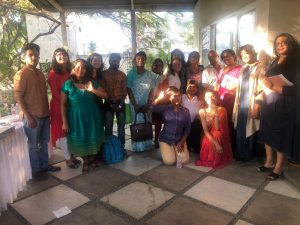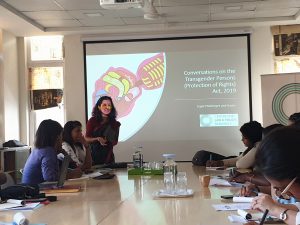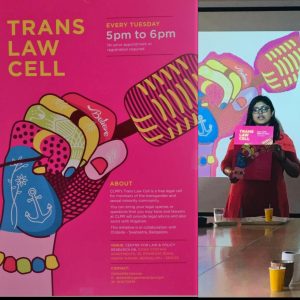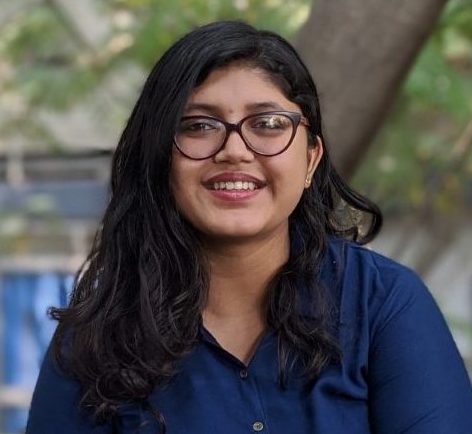
Transgender rights are at the forefront of gender inclusivity in India since the landmark decision of the Supreme Court in NALSA v. Union of India. These dialogues gained significant momentum when the Transgender Persons (Protection of Rights) Act, 2019 was enacted. Taking into consideration the vehement opposition to the legislation, CLPR held a community meeting “Conversations on Transgender Persons (Protection of Rights) Act, 2019” to discuss the legal issues and challenges to the law. The meeting saw participation from the transgender community, lawyers, and human rights activists alike. Strong voices of Anindya Hajra, Vyjayanti Vasanta Mogli, Grace Banu and Akkai Padmashali guided the conversation through the various issues that are constitutionally and procedurally problematic.

The meeting started with a legal overview of the Act by CLPR Executive Director and Senior Advocate Jayna Kothari. In this overview, she set out the history of the Act starting from NALSA which directed the Central and State Governments to take various steps for the welfare of the transgender community and to treat them as a third gender to safeguard their rights under Part III of the Constitution. Since then, several attempts were made to implement NALSA and enact a law, which finally culminated in the 2019 Act.
After the overview of the Act, the floor was opened for discussion to the participants. The issue of transgender people wrongly profiled as traffickers, instances where children have been sent back to abusive family environments, the establishment of rehabilitation centres without consideration for the consent of the transgender person were some of the topics that were debated. It was highlighted that the Act prescribes no remedy, criminal or civil, under section 3 which deals with prohibition of discrimination, rendering the provision toothless.
Next, the conversation turned to section 18, which deals with offences under the Act and their penalties. It was pointed out that the provision does not set out the ingredients of the offences. Moreover, the punishment for offences committed against transgender persons under the Act is lower than the punishments prescribed for similar offences against cis-gendered persons in the IPC, giving the impression that the transgender identity is unequal to or less than other identities, thereby failing the test of equality under Article 14. Further, there was no provision for higher punishment in case of aggravating circumstances, including where transgender persons are assaulted by authorities. A participant pointed out how specialised legislation like this may lead to police not filing FIRs under the general law which prescribes higher punishment. An interesting issue that came to light was that no reservation was provided for under the Act, despite a specific direction to this effect in NALSA.
The conversation was concluded by discussing possible ways forward. The group raised questions of whether more petitions need to be filed against the present legislation. The need for creating more awareness, especially in the regional language was impressed upon. This would mobilise people both within and outside the community. A decision was made to provide everyone with a copy of Kannada translation of the Act making it more accessible.

The meeting ended with the relaunch of the Trans Law Cell, an initiative by CLPR to provide legal assistance and support to transgender persons free of cost. The Trans Law Cell will operate out of CLPR, every Tuesday from 5.00 PM – 6.00 PM.
The overview of the Act discussed in the meeting is available under the Resources tab. If you are interested in being part of the Trans Law Cell or want any legal assistance, do write to us at almas.shaikh@clpr.org.in with a cc to admin@clpr.org.in.

